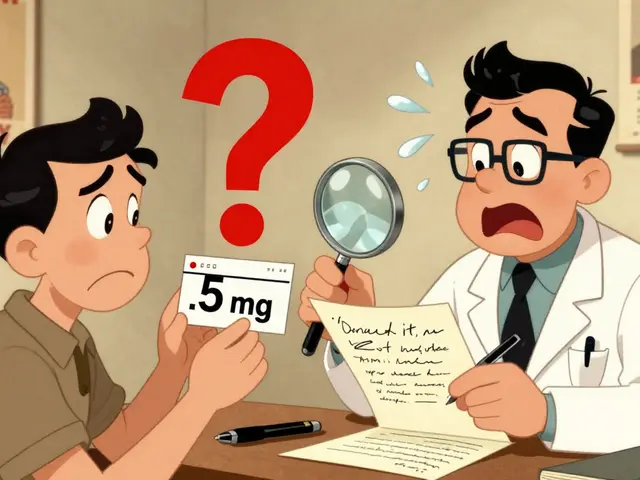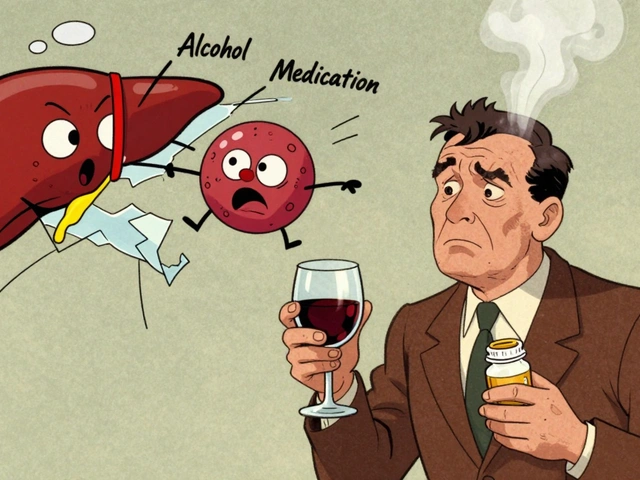OTC Acetaminophen: What It Is and How to Use It Right
If you’ve ever reached for a bottle of Tylenol or another generic pain reliever, you’ve already used OTC acetaminophen. It’s the go‑to over‑the‑counter option for headaches, fever, and minor aches. The good news? It works without the stomach upset that many NSAIDs cause. The bad news? Too much can hurt your liver.
Quick guide to safe dosage
For adults, the standard dose is 500 mg to 1 g every 4–6 hours. Never exceed 4 g in a 24‑hour period unless your doctor says otherwise. Kids get a lower dose based on weight—usually 10–15 mg per kilogram of body weight every 4–6 hours, with a daily cap of 75 mg/kg. If you’re using a combination product (like a cold medicine that already has acetaminophen), add those amounts to your total. It’s easy to double‑dose by accident, so always check the label.
When to take OTC acetaminophen
Acetaminophen shines for:
- Temporarily easing tension‑type headaches.
- Lowering a fever when you feel hot and shaky.
- Relieving muscle soreness after a workout.
- Managing dental pain while you wait for a dentist.
It’s not the best choice for inflammation‑driven pain, like arthritis flare‑ups—that’s where NSAIDs usually perform better. If you have a history of liver disease, heavy alcohol use, or you’re pregnant, talk to your doctor before starting.
Most side‑effects are mild—rarely you might see a rash or stomach upset. The serious risk is liver toxicity, especially if you mix acetaminophen with alcohol or other liver‑stressing drugs. Signs of trouble include yellowing skin or eyes, dark urine, and persistent nausea. If any of those show up, stop taking the medication and seek medical help right away.
So, how do you know when it’s time to see a professional? If your pain lasts more than 10 days, your fever stays above 101 °F (38.3 °C) for a couple of days, or you notice any liver‑related symptoms, call your doctor. Also, if you’re on other prescription meds—especially blood thinners, seizure drugs, or certain antibiotics—double‑check that acetaminophen won’t interact.
Finally, keep these practical tips in mind:
- Store acetaminophen away from children—bad doses can be fatal.
- Never use it as a sleep aid. It won’t help you fall asleep and can mask underlying issues.
- Use a proper measuring spoon or syringe for liquid forms; kitchen spoons aren’t accurate.
- Check the expiration date. The drug can lose potency over time, leading you to take more than needed.
OTC acetaminophen is a simple, effective tool for everyday aches and fevers when you use it responsibly. Stick to the recommended dose, stay aware of other products that contain it, and you’ll keep those headaches in check without risking liver damage.

How to Buy Cheap Generic Tylenol Online Safely and Save Money
- By : Tamsin Riverton
- Date : Sep 24 2025
Learn where to find cheap generic Tylenol online, how to verify safety, compare prices, and avoid common pitfalls when buying acetaminophen on the internet.




